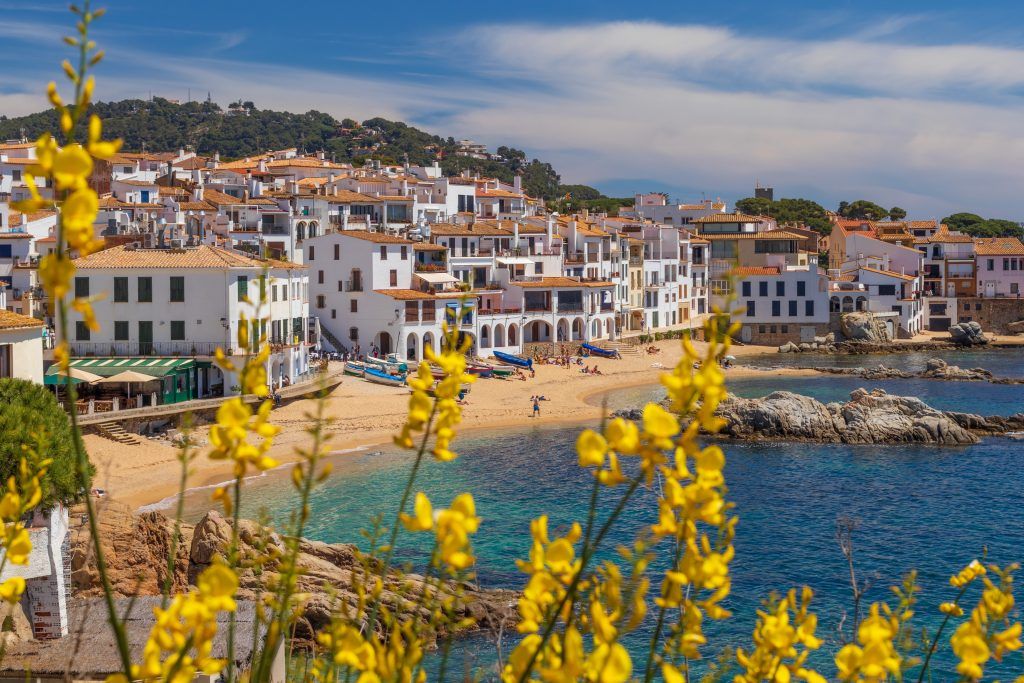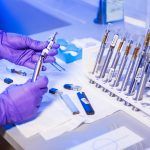Expected Outcome
Project results are expected to contribute to all of the following expected outcomes:
- Provide input and evidence-based outcomes for shaping future initiatives, policies and strategies that address societal changes, future needs and expectations of young generations with regard to the sustainability of aquatic ecosystems and enhance ocean literacy among them;
- Better understanding of the connection of young generations with the ocean, seas and waters, ultimately leading to new products and services, thus supporting the innovative potential of marine/maritime related sectors;
- Provide insights and help sketch social interaction blueprints for novel participatory approaches and networking opportunities, aiming to bring the younger generation closer to the sea and water and create or fortify their emotional link with it;
- Contribute to the objectives of the UN Decade of Ocean Science for Sustainable Development.
Scope
A forward-looking perspective (foresight study) on cultural and emotional relations of tomorrow’s generations with the sea and freshwater, based on surveys, testimonies, contributions, observations of and evidence-gathering from this specific social group, would contribute towards shaping transformative marine/maritime policies, guiding future initiatives in this field and allowing innovative solutions for aquatic ecosystems, addressing the future expectations of the youth for them, to surface. The study should be gender and geo-sensitive and consider socio-economic differences and inequalities between certain social groups in its analysis.
Proposals under this topic will address both aspects below:
- Provide an analysis by exploring a future being shaped by changes in our lifestyles and behaviours, climate and environmental concerns and the emergence of new socio-economic values and needs, to better understand the cultural and emotional relation of the next generations with the marine environment and freshwaters;
- identify expectations and develop future perspectives, highlighting their implications for future strategies and policies, socio-economic activities, including education, and future investments; consider different youth variables such as gender, age, ethnicity, education, socio-cultural and geographical aspects, etc.
Proposals should contribute to stimulate thinking and relevant action through the production of an evidence-based study and help reshape and recalibrate initiatives already in the field and future related policies and strategies; interaction with all relevant main marine and freshwater research and innovation stakeholders (public authorities, companies, universities, research facilities, citizens, etc.) and networks or initiatives on the ground, through whose input visions and strategies can emerge and converge, is sought.
Proposals are expected to show how their activities and results will achieve the Mission’s objectives, in line with the timeframe of the Mission phases, i.e.: by 2025 for the ‘development and piloting’ phase and 2030 for the ‘deployment and upscaling phase’.
Deadline
12 April 2022







Leave a Reply